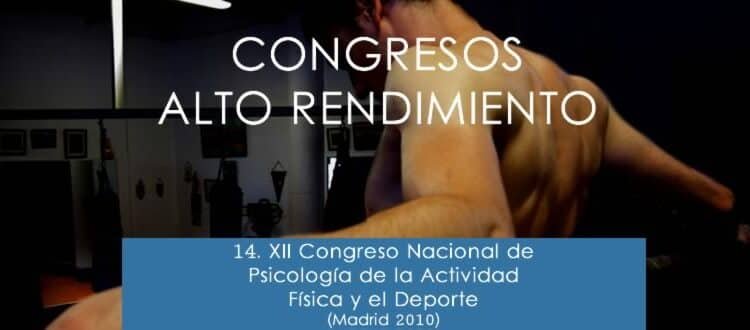Goalkeepers perceptuo-motor behaviour in intercepting free-kicks with and without spin: A virtual reality study
A challenge of great interest in the domain of human movement science in general, and in sport science in particular,
Goalkeepers perceptuo-motor behaviour in intercepting free-kicks with and without spin: A virtual reality study
Resumen
A challenge of great interest in the domain of human movement science in general, and in sport science in particular, is to discover the informational basis of complex actions. Several studies have aimed to address this challenge in sports related tasks. The work presented in this presentation is an example of this body of work. We used an existing dynamic model, the required-velocity model, to model the informational basis of the interceptive behaviour of football goalkeepers confronted with curving free kicks arriving at different positions in the goal. Experiments were conducted using an advanced virtual reality equipment (CAVE) to present controlled ball trajectories to participants. Movement behaviour varied systematically as a function of the ball’s trajectory (spinning clockwise, anti-clockwise or not). Behavioural patterns could be adequately captured by an information-driven required velocity model. Implications for theories of perception and learning and implications for the design of practice methods will be discussed.






